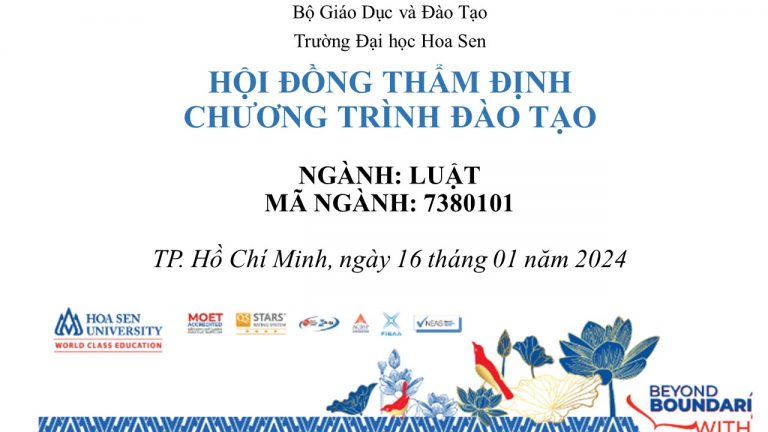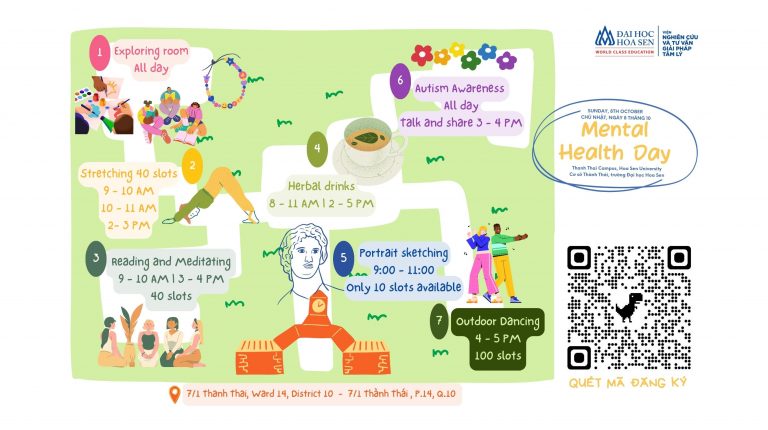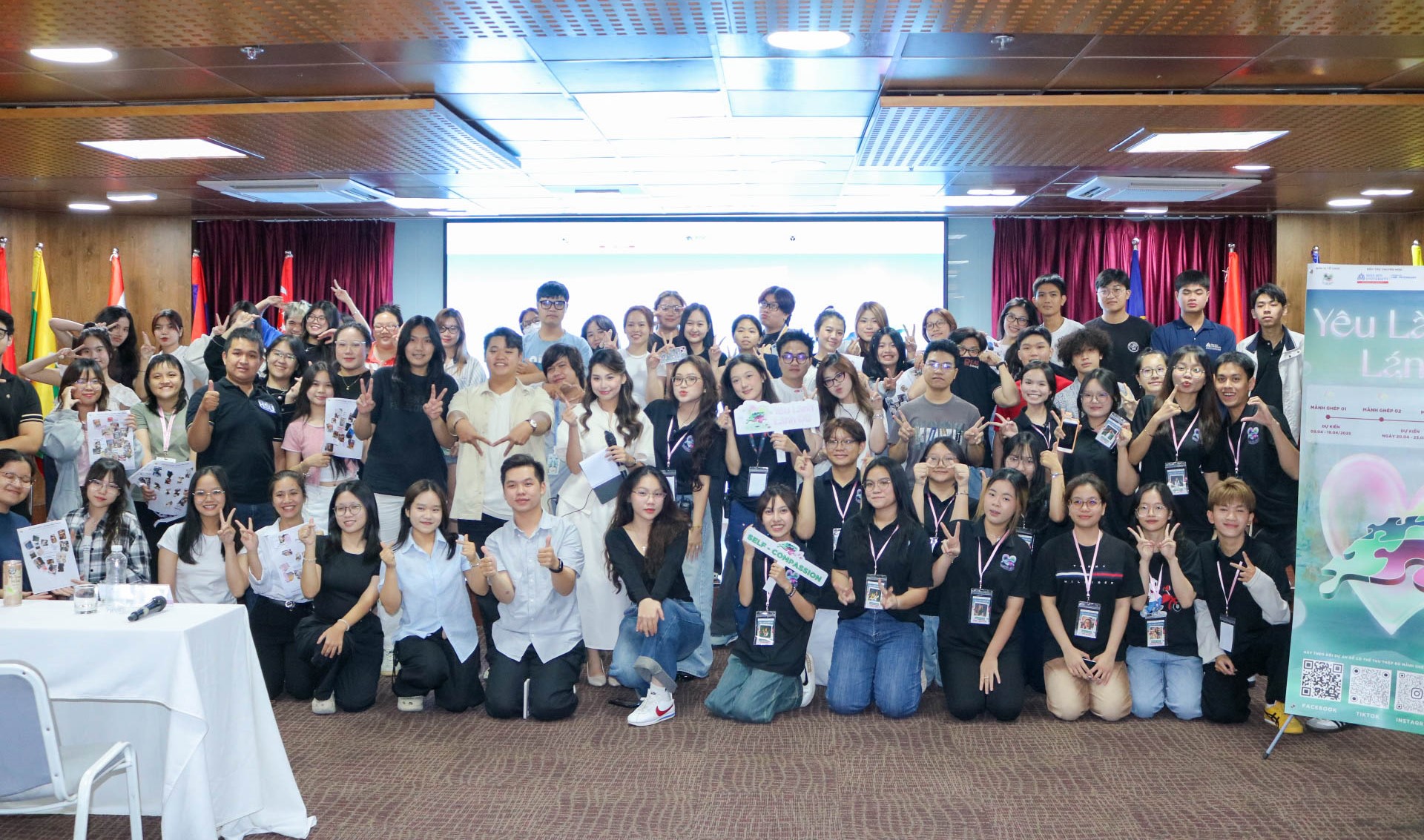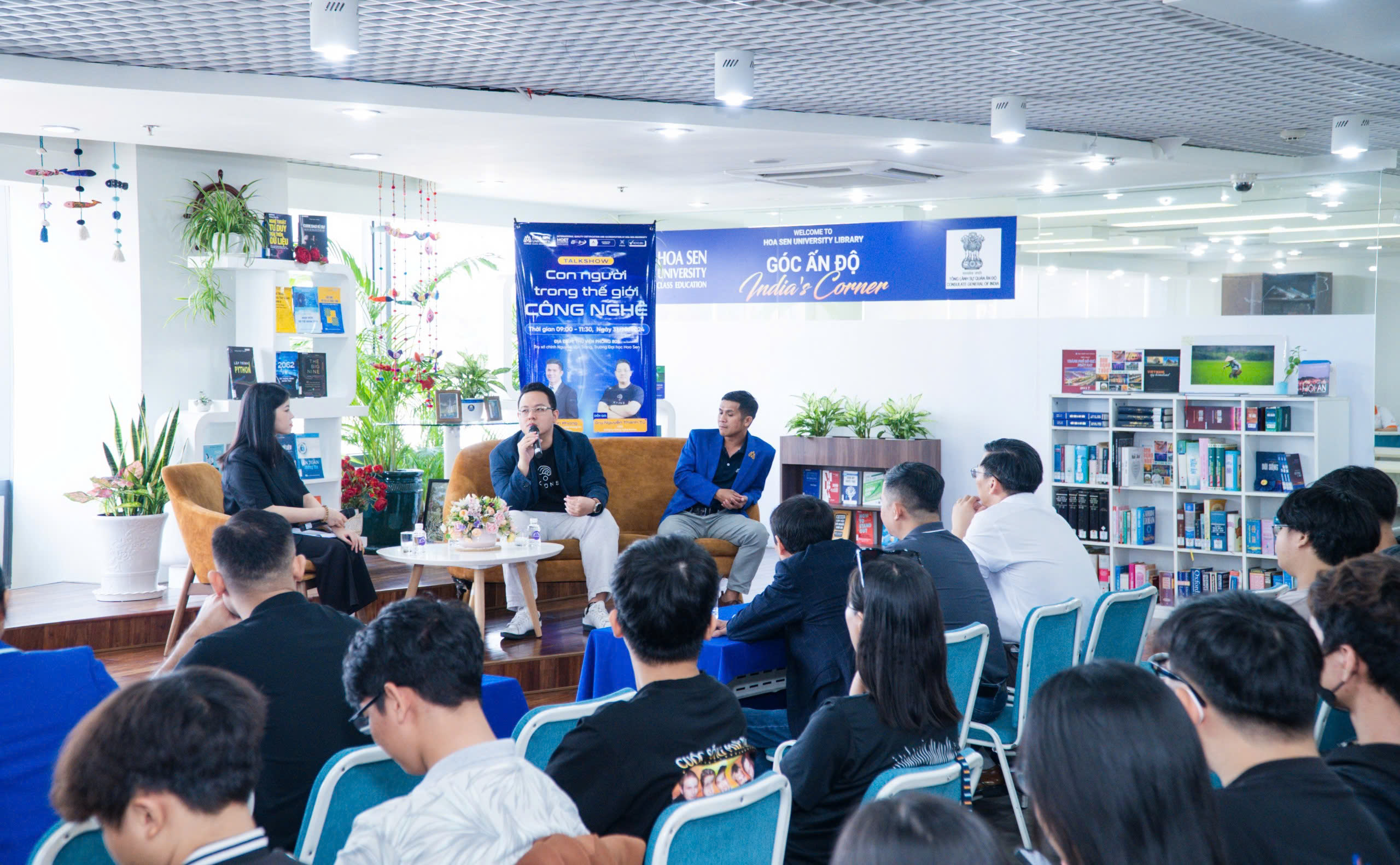Confucian Culture & Values
June 12, 2022
MSc. Bui Nguyen Han
Department of Philosophy, Faculty of Social Sciences, Hoa Sen University
- Confucian cultural doctrine
Confucianism is a great doctrine, founded by Confucius and his students, followed by successors. It can be affirmed that Confucianism is not a religion if understood purely in terms of this concept. Rather, this is a doctrine with a profound influence on the history of Chinese thought and culture.

Confucius is the founder of Confucianism. His ideas were not used much when he was alive. Only after his death were his ideas considered the pillars for building and ruling the feudal regime. His influence in particular and Confucianism in general is very vast. With time and the ups and downs of history, Confucianism has gained vitality with a strong spread to the Northeast Asia – Southeast Asia region, and is now also enthusiastically responded to by Western thinkers. In particular, the thoughts of Confucius that we can see in the works of Phung Huu Lan and Ho Thich have been introduced.
Confucianism is a political ideology with a complete moral system, but as mentioned, its influence is so clear in life that people often consider it a religion. Here it is also worshiped by the dominant forces to serve their interests and rights. That’s right, later generations also worshiped Confucius as a saint for many reasons and benefits.
The followers of Confucianism (Confucius, Mencius, Dong Trong Thu…) in the theoretical system they established have some differences, but they all try to promote this doctrine (even to the extreme). to suit historical circumstances; depending on each context to build a foundation. In the feudal era, Confucianism was a key system that contributed to creating and dominating a solid ideology for the Chinese empire. Along with Taoism and Buddhism… it also contributes to the most clear Chinese cultural identity.
2. The value of learning Confucianism
In its existence and development, Confucianism has perfected both its outlook on life and morality to serve social life.
Confucianism discusses a lot about politics, which can be considered a type of political culture containing many complex elements, with the integration of the operation of creation to explain. This doctrine discusses institutions, policies, and methods in an orderly manner with a unified whole to govern society and then molds them all into a model of stability, so in the long run it has become a rigid ideology, going very far from the original.
In the heart of feudal society, Confucianism promoted specific human values in society, not individuals as in Taoism or the strict teachings of Legalism. Promoting the inner strength of each person (only a gentleman has) to “legitimize” is the “destiny”, but along with that is the search for the true existence of human nature. Confucianism wants to maintain a stable social order, so it pays great attention to the role of ideology and the activities surrounding it.
To conduct political activities, Confucians do not build forms of tyranny like Legalists. They rely on tradition, so the policies of unification are not groundbreaking here, but they are very important for maintaining a long-term order. The existence of this policy for thousands of years under the feudal regime has proven its value.
Confucianism is based on the relationship between responsibility, duty, and obligation to propose rules of standards for acting by the principles of heaven and human hearts. Promoting high rationality in conducting social activities is the purpose of this doctrine to combine “name and reality” (名和实) rather than “name and reality” (有名无实) to create momentum. promote traditional values that are respected and easily accessible to people’s hearts. Considering this as a characteristic point to build society and moral values, it has been generalized and perfected in many different times of history with the standard system “three diamonds, five permanence” to conduct governance and stability. social determination.
Confucianism proposed that the principle of governance is the expansion of traditional cultural values to capture forces and people with opposing ideas. Besides, we also recognize the value of maintaining long-term peace to consolidate strength and ensure social security; I think the modern world is also trying to pursue this same policy.
Confucianism pays great attention to politicians, because this is the model of a balanced person, so they cannot have activities like ordinary people but must be good at governing and wise and multi-scheming; But personality must be perfect to ensure social justice.
From a moral and ethical model, followers of this doctrine have succeeded each other in expanding the scope of this system of standards to the national level, no longer limited to the family and village. is a great effort to manipulate society
The political theory here is also an effective way to adapt to changing times rather than being confined to the pattern of creation that we often see in the monarchy. That flexibility allows – promotes freedom as well as creativity in people working in politics rather than falling into a passive position. If this theory is not used in this place, then traveling to another place to fulfill its high ambitions is a highlight as well and the founder’s actions are a typical example.
Confucian theorists pay great attention to “rituals” (礼) to maintain stability, also to restore social order, but at the same time rely on them to restore old traditions to shape Again, the main standard system is a big hole for other sects to penetrate. This invisibly controlled the life instinct in humans, so it is easy to see that the deficiency in consciousness was found by many people at that time and later in Taoism. And then, when Buddhism was introduced and gained a foothold, Buddhism also compensated for this deficiency.
The standard system of the “three diamonds, five permanent” axis (三纲五常) was built and thoroughly applied on all levels of society and has had great influence throughout history, being conferred by most monarchical countries. The ideas within the influence of Chinese culture were imitated to build their country to create different appearances, showing the true value of the problem.

Besides, Confucianism also proposes a method of ruling society by a legal order but does not elevate it to ultimate power, so it is not always suitable for the times. In many periods of Chinese history, the doctrines that Confucianism advocated were rejected and deposed many times.
The trajectory of personal relationships, behavior patterns, and lifestyle must reach a certain level to be able to take charge; Therefore, Confucianism places great emphasis on education (especially in Confucius) not only to equip knowledge for self-improvement but also to educate people’s minds.
Only with education can people become standard and perfect human beings. Education trains people who are useful to the nation. The educational roadmap is resolved in a sequence that inherits the traditional legacies left behind but is also explained and added to suit the times, which is the timeliness of Confucianism. Here we do not see the complete strictness of the book chapter. But because it comes from agriculture, it still carries a small farmer mentality. You must study to become an official, to become famous in life. This influence still dominates today in countries that were originally under the influence of Confucianism.
The education proposed by Confucianism has helped people live and behave with each other – naturally, in general, proposing clearer relationships to contribute to maintaining stability in society. This education has trained countless scholars and intellectuals. Not only that, it also created a tradition of studiousness at all levels of society and has gone very far from the original concept of learning only for gentlemen.

The Confucian moral system is derived from ancient values with rituals and hierarchical and orderly forms through which people create a sustainable foundation for society. Initially on a family basis, then it spread into a wide network throughout society and became a solid pillar for not only Chinese culture. It is the moral foundation that Confucianism creates that is deeply ingrained in the subconscious of the Chinese people, contributing to the creation of a philosophy of life, a standard action in solving social problems. It orients as well as contributes to improving the remnants that hinder the progress of society. Establish a top-down order to impose maximum enforcement of the principles they build.
Here we see that the word “Humanity” (仁) in Confucianism is placed first, which does not mean that everyone is equal with equally respected interests. The word “Humanity” here is not built on the foundation of freedom. It is built based on hierarchy and hierarchy to establish relationships between people, family, and society.
Also on that basis, Confucianism has created a spirit of stoicism, a wise awareness, the life and thoughts of wise people have gradually penetrated each generation to guide them on the right path. was created without even knowing it.
References
1. Anne Cheng (2022) History of Chinese thought, Nguyen Thi Hiep (in charge of translation), World Publishing House
2. Tran Trong Kim (2003) Confucianism, Literature Publishing House
3. Phung Huu Lan (1999) Outline of Chinese Historical Philosophy, translated by Nguyen Van Duong, Youth Publishing House
4. 主编 郑杭生 江立华 (2017) 中国社会思想史新编, 中国人民大学出版社
5. 瞿同祖 (2019) 中国封建社会, 商务印书馆出版

















